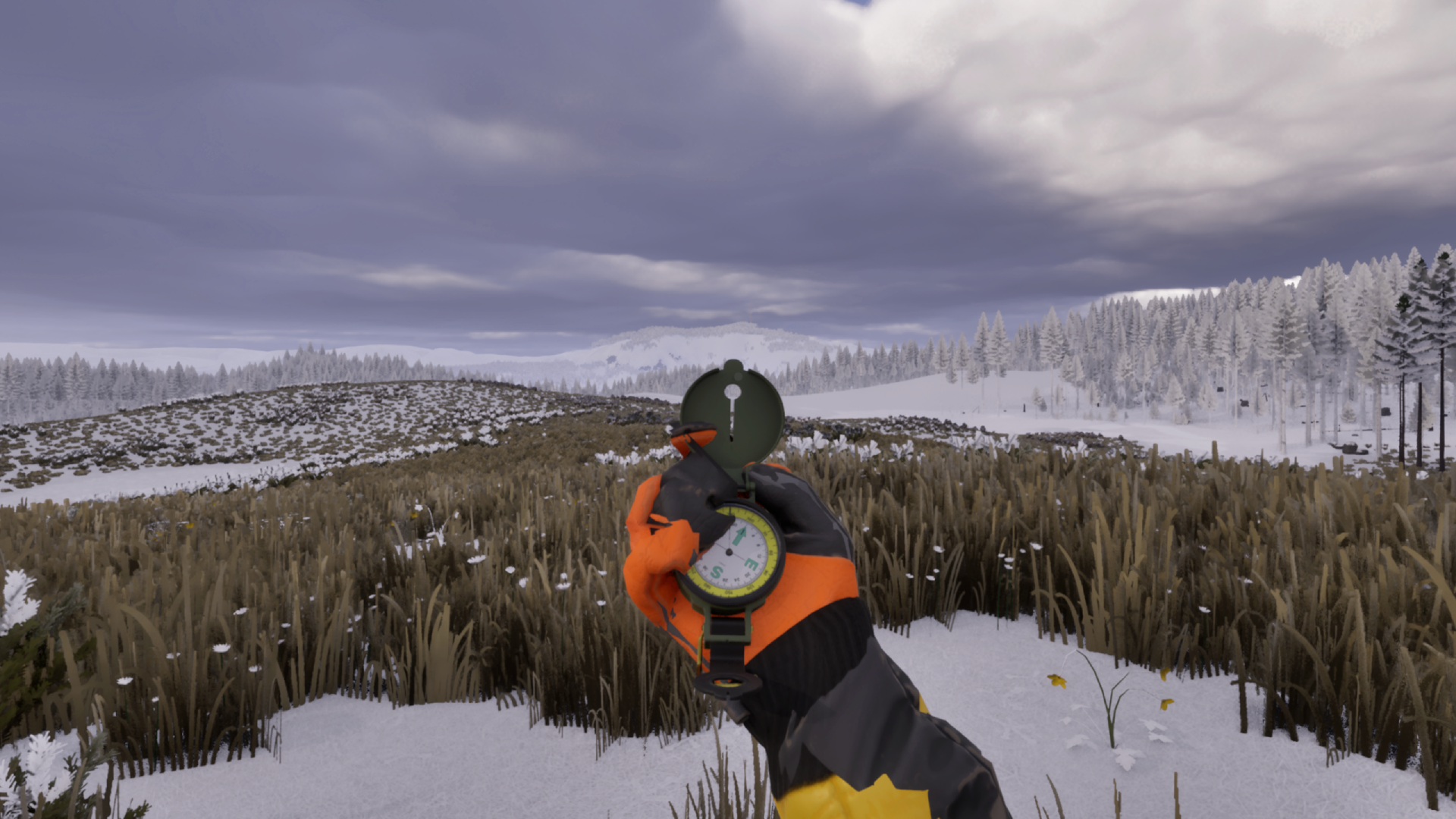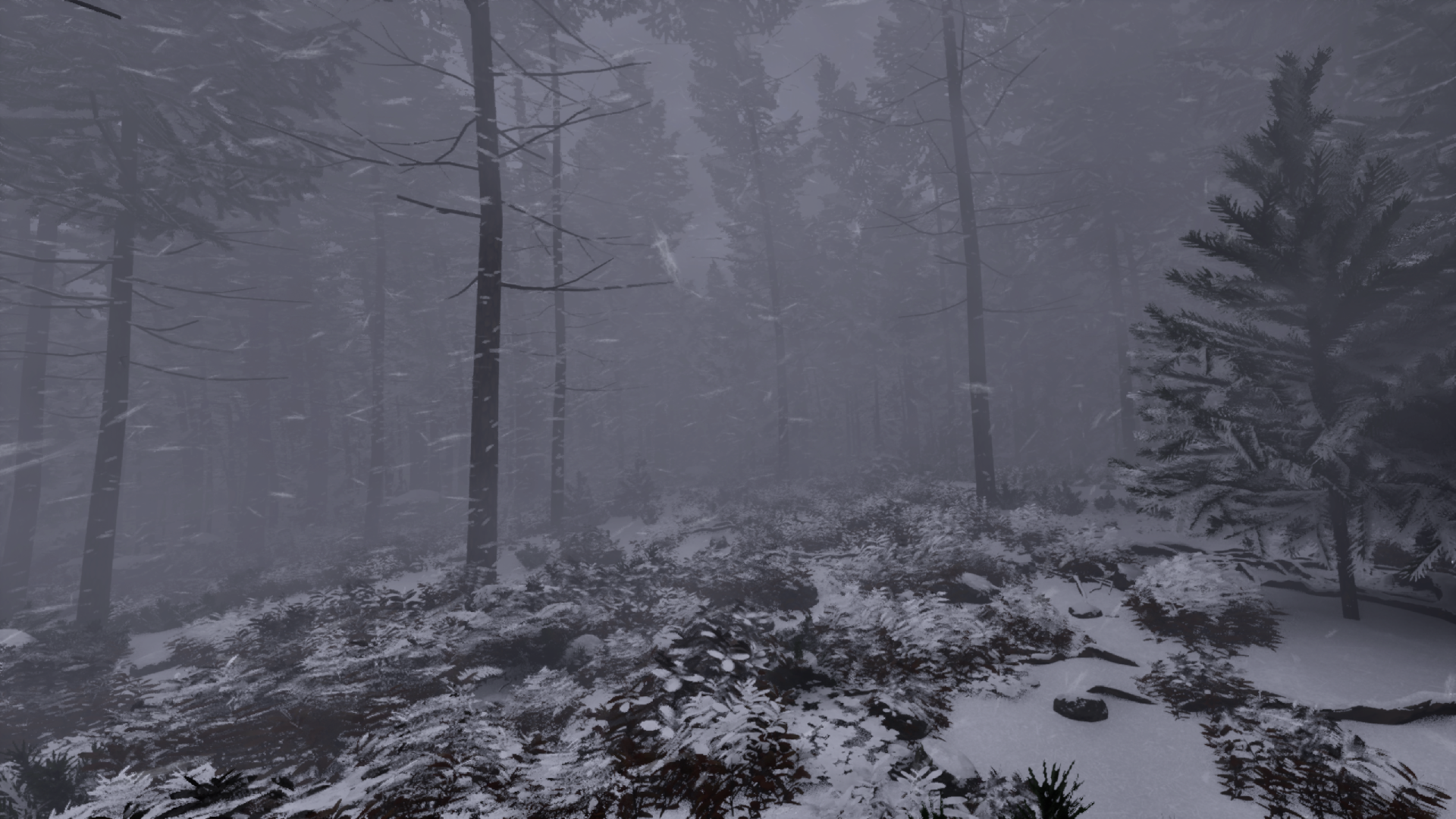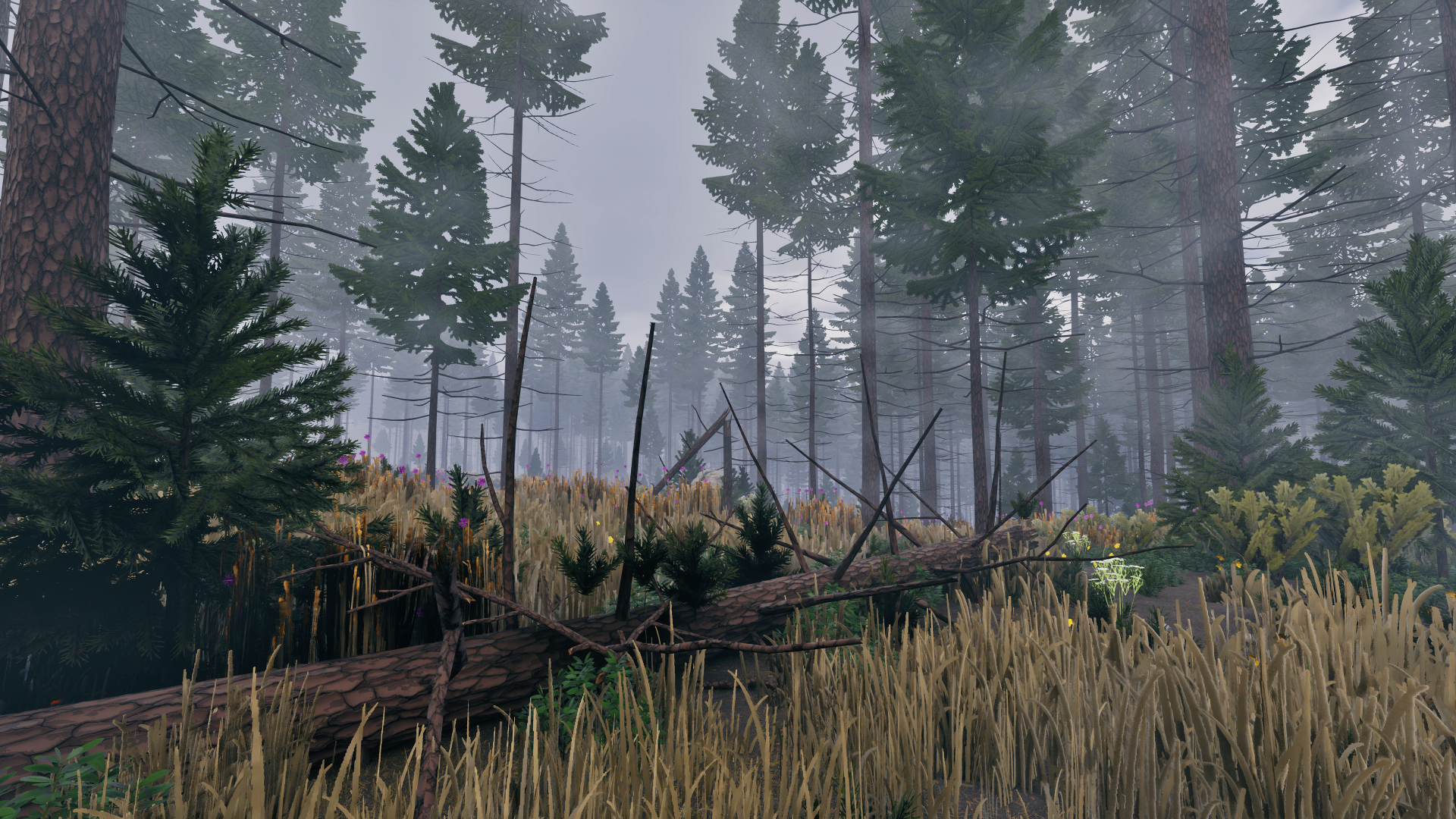'I expect a lot of people will hate it': PUBG creator Brendan Greene doesn't care if his new game is too hard for players to handle as long as it 'elicits a reaction'
We can do this the hard way or the hard way.

Survival games aren't known to be easy; that's kind of the whole point, especially when you often find yourself in remote, unforgiving locations where you need to keep fed, hydrated, and protected from the elements and maybe some hostile mobs. But Prologue: Go Wayback! takes its difficulty to a whole new level.
"I like brutal games," PUBG creator Brendan Greene tells me. "I grew up with Doom and spent weeks trying to get past its levels. I want to make a space that is hard and difficult, because I do think a lot of gamers like that. Like, there's too much hand-holding, which is fine. But just my game won't have that option."
Danger is around every corner in Prologue. But unlike most survival games where there are hostile enemies who deliver the finishing blow, the real risk comes from making the wrong choices. Most of my decisions in Prologue directly led to my death sooner or later. Whether it was trying to climb a mossy rock for a better view of the river, only to slip off and bash my head on the way down, or deciding that I could tough out swimming across a cold river (I froze to death). These are all mistakes to learn from, but one aggressor that I never seemed able to best was the weather.
"Some people wanted, like, a big bad or an enemy that was not predictable," Greene says. "It's like in Battle Royale when you come across another player that you can't really control, and it's not something you can predict. It's the same with the weather. It's just a constant tick. So it's up to you to survive against this. And it's more that it's a constant threat, rather than something you can predict easily. It just feels fairer."
While you can sort of predict the weather with the help of a handy radio that you can find in the starter cabin, this isn't infallible, and carrying it around with you takes up most of your backpack space. I ended up leaving it behind, so I had more space for blackberries. But even with the radio in my possession, the weather was still a massive threat. Getting caught in a sudden bout of thick fog makes navigation almost impossible, and a blizzard will quickly turn you into a walking icicle.

You have to be incredibly methodical in your planning when traversing Prologue's maps. This isn't like Minecraft or Sons of the Forest, where things only get really dicey at night—you're in just as much danger during the middle of the day as you are in the twilight hours. Hunger and thirst can hit you out of nowhere, and the descent to starvation and dehydration hits you quicker than you may think. This means you can't just wander outside a cabin with no plans or resources.
Towards the end of my time with Prologue, I'd use the cabins, which you can find scattered around the map, as a base of operations where I could shelter for warmth, get better gear, and stock up on supplies. I only ventured outside when I was absolutely sure that I knew where I was going and that I could get there, and if there was even a hint of snow I'd board up the windows and stay put until the sun started to shine.
The biggest gaming news, reviews and hardware deals
Keep up to date with the most important stories and the best deals, as picked by the PC Gamer team.
It's okay to die and start again.
Brendan Greene
Talking to the rest of the team, it became clear that Prologue wasn't a walk in the park even for them. During the early stages of testing, the developers competed amongst themselves to see who could get to the endpoint first. On average, it took about an hour and a half to reach the final destination, and that's with tons of planning and a bit of luck.
"We had t-shirts for the winners that read 'I got to the weather station, and all I got was this lousy t-shirt'," Greene says. "I think five people internally got them. There was also an audio engineer who could not get there—he got so close numerous times that it became a meme internally. But then he finally got there—there was much celebration."

But even with all the preparation in the world, things may not work out. "It's okay to die and start again," Greene reminded me. After all, Prologue is like a survival roguelike. You get one chance to survive the arduous weather and find a remote Weather Station within an 8x8 km map. If you reach your destination, then the game's over, and you can give it another go on a new map, but the same thing happens if you die.
"I expect a lot of people will hate it," Greene says. "But that's ok if it elicits a reaction—that's all I want. People didn't get [Battle Royale] at first, but then they did. And I think it's the same with this, the goal here is creating these big, massive worlds for everyone. We already have a demo on Steam, and people understand what it is. So, if it causes a reaction, fantastic. I'll happily talk to them and go, 'Well, yeah, it doesn't handhold because that doesn't serve a purpose.'
"Prologue is not the next great game for me. It's like Muse's second album, something a bit weird, something that's a little bit different, but it serves a goal of experimentation and getting to bigger places."

Elie is a news writer with an unhealthy love of horror games—even though their greatest fear is being chased. When they're not screaming or hiding, there's a good chance you'll find them testing their metal in metroidvanias or just admiring their Pokemon TCG collection. Elie has previously worked at TechRadar Gaming as a staff writer and studied at JOMEC in International Journalism and Documentaries – spending their free time filming short docs about Smash Bros. or any indie game that crossed their path.

